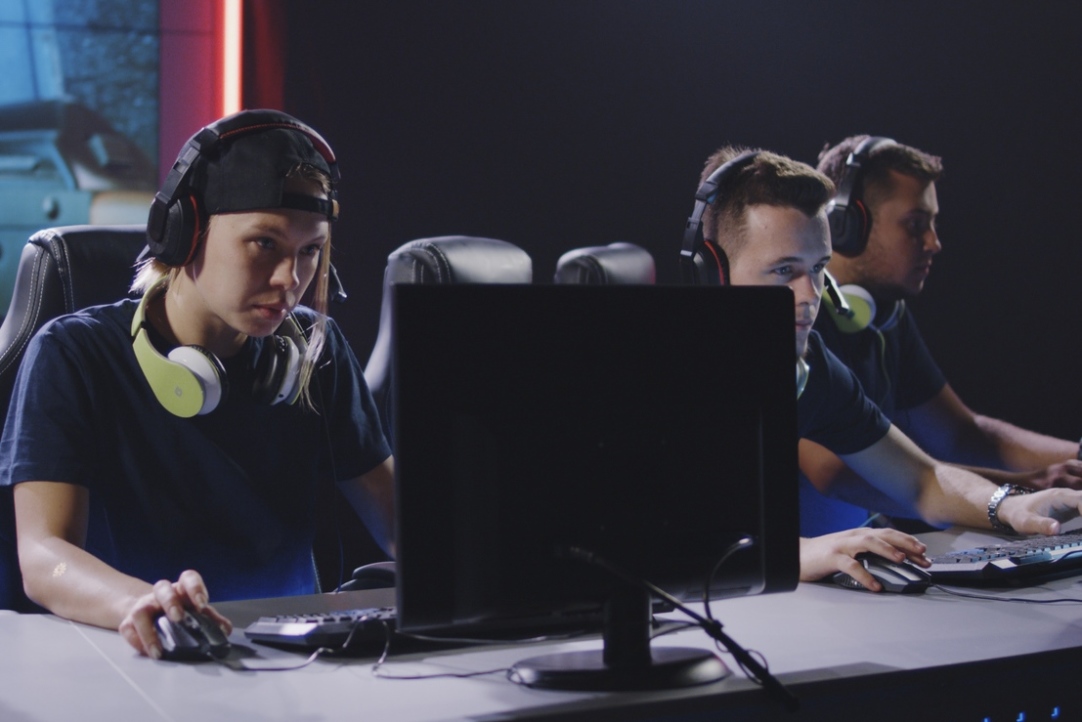
Mathematical Model Helps Solve 'Organiser's Dilemma'
Researchers from the HSE International Laboratory of Intangible-driven Economy have developed a model for optimising contest prizes for winners and more. The study uses eSports statistics to offer insights into the optimal reward structure for team competitions in a variety of spheres, including corporate and patent battles. The findings from this study have been published in the Journal of Economic Behavior & Organization.

Card Index: Climate Migration
Natural disasters and long-term climate change processes, from rising sea levels to melting glaciers to soil degradation, are causing people to move to safer locations not yet affected by food and water shortages. Recently, climate migration has been on the rise globally due to environmental changes. What territories are more likely than others to experience out-migration, and why? A report co-authored by Associate Professor of the HSE Faculty of Geography and Geoinformation Technology Yulia Kuznetsova offers some ideas.
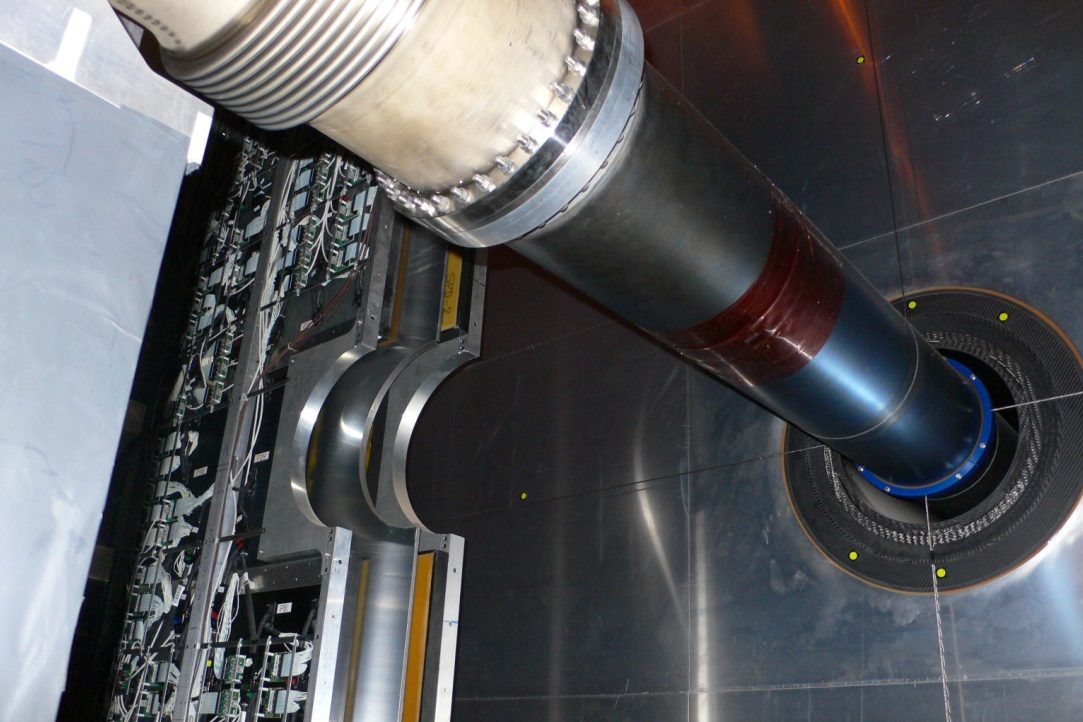
Faculty of Computer Science Lab Develops Monitoring System for LHC Experiment
Researchers from the Laboratory of Methods for Big Data Analysis (LAMBDA) at the HSEFaculty of Computer Science have created a monitoring system that is used in the Large Hadron Collider beauty experiment (LHCb). The system helps track the quality of the collected data and allows operators to quickly find errors.

Learning Is Based on Neurons’ Ability to Cooperate for Survival
Exploring the predictive properties of neuronal metabolism can contribute to our understanding of how humans learn and remember. This key finding from a consideration of molecular mechanisms of learning and memory conducted by scientists from Russia and the U.S. has been published in Neuroscience & Biobehavioral Reviews.
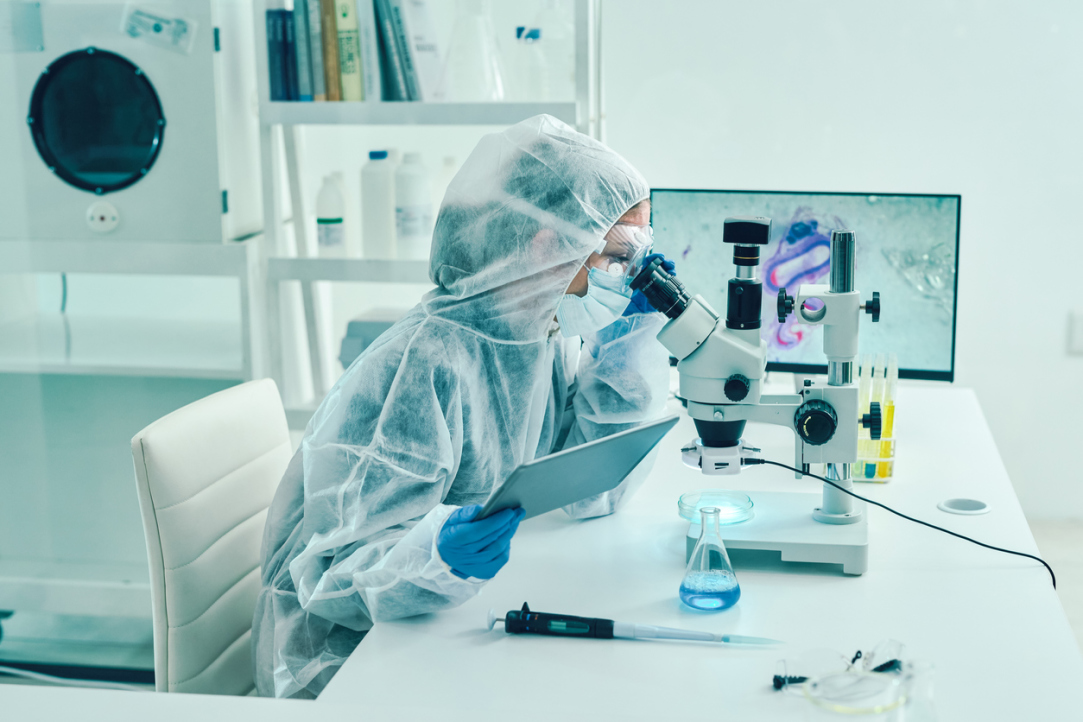
Russian Researchers Develop Hybrid Sensor That Can Help Diagnose Cancer
A team of researchers from HSE University, Skoltech, MPGU, and MISIS have developed a nanophotonic-microfluidic sensor whose potential applications include cancer detection, monitoring and treatment response assessment. Today, the device can identify gases and liquids dissolved at low concentrations with a high degree of accuracy. The paper is published in Optics Letters.
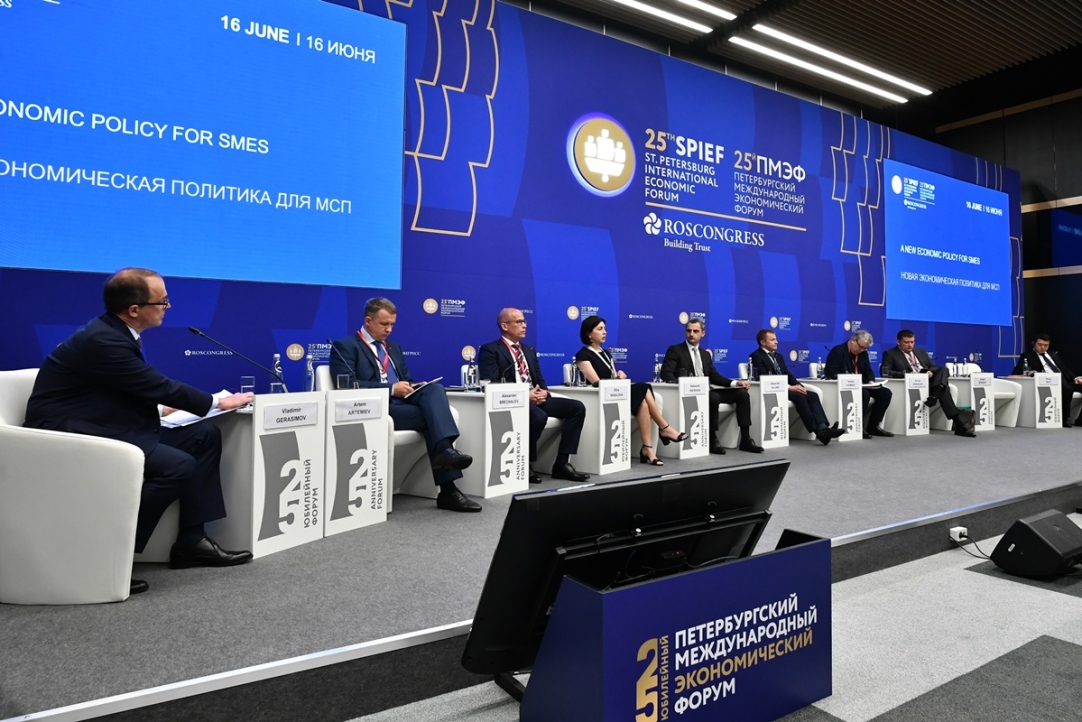
'Your Biggest Competitor in Life Will Always Be Yourself'
HSE representatives attended the St. Petersburg International Economic Forum and contributed to many of its sessions. What technologies, approaches and strategies are relevant in this new reality we find ourselves in? HSE Rector Nikita Anisimov, HSE Academic Supervisor Yaroslav Kuzminov and other experts offered their perspectives on these issues during panel discussions.
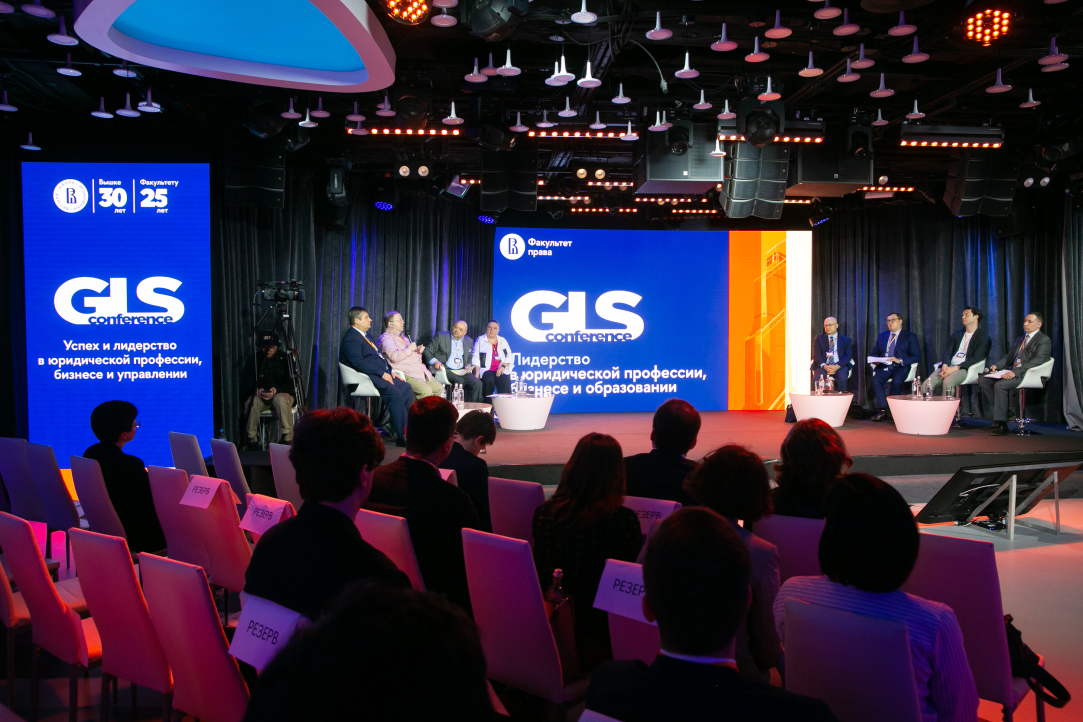
‘Being a Lawyer Means Understanding Matters of Virtue and Justice’
What professional and personal skills do modern lawyers require? To what extent do today's graduates require interdisciplinary training and knowledge of other subjects? How do sanctions affect work in the legal sphere? These and other questions were discussed by the participants of the second annual conference of the HSE University Faculty of Law ‘Global Legal Skills: Leadership in the Legal Profession, Business and Education’.
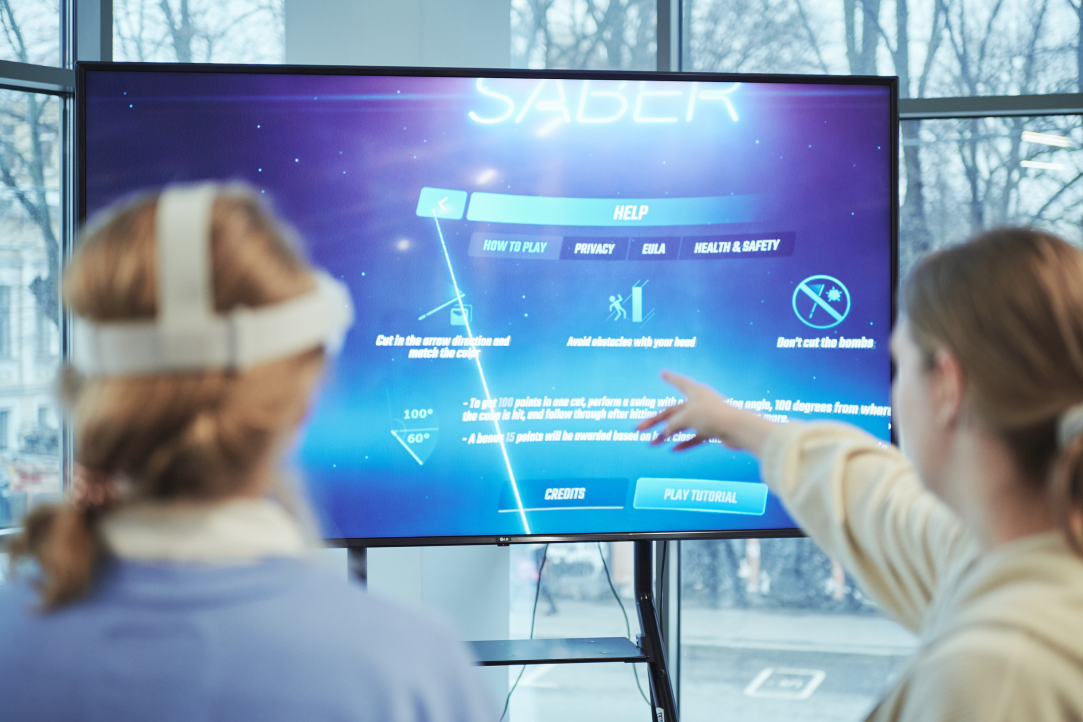
HSE University Remains Leader in Four Subjects in AC Expert Research Productivity Rankings
HSE University has taken first place in four subjects in the research productivity ranking of Russian universities published by the Expert analytical centre. The university also placed in the top five in eight other subjects.

HSE University Researchers Learned to Measure People’s Attachment to Home
A group of HSE University researchers (Sofya Nartova-Bochaver, Sofya Reznichenko, Milana Hachaturova and Victoria Erofeeva) and their international colleagues validated the Short Home Attachment Scale (SHAS), a useful tool in cross-cultural research. The SHAS makes it possible to study the level of home attachment in different countries and its influence on individuals’ well-being.
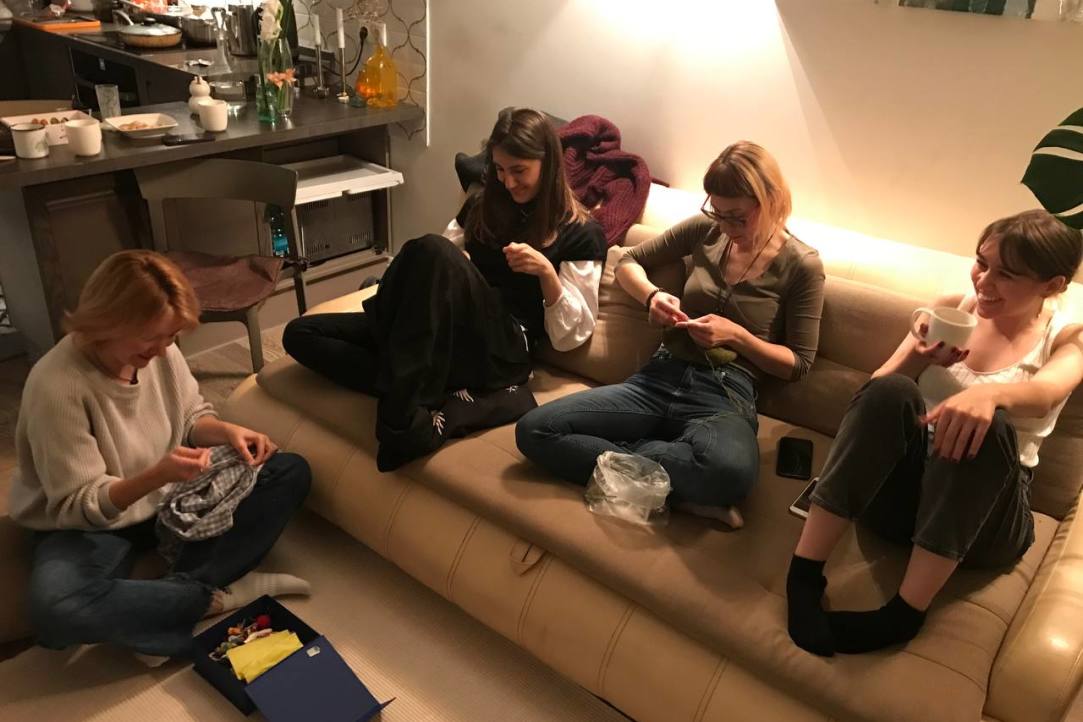
HSE University Launches Study at GES-2 Cultural Centre
The MendiT Research Lab, based at the HSE University Doctoral School of Arts and Design, will become a resident of the GES-2 Cultural Centre for a month from June 5th. The researchers will introduce members of the urban community to the lab and explore the practices of mending clothes together with them. Some of the lab participants told the HSE News Service what it's like to be searching for a method and object of research.

